Lawyer Representing Employees Hurt on the Job in Need of an Accommodation in Somerville New Jersey
“I am out of work due to a work injury – what protections do I have to keep my job?” It’s a common question we hear when an employee suffers a work-related injury and is unable to work. One awful commonality across many workers’ compensation cases is that even after reaching maximum medical improvement (MMI) after suffering a work-related injury, a client can no longer perform his or her job. However, legal recourse may be available.
What is a “Reasonable Accommodation”?
My first general recommendation is to request a reasonable accommodation from your employer that will allow you to perform the “essential functions” of your job – the parts that are the core requirements and tasks of your position. Employers have an obligation under the New Jersey Law Against Discrimination and the Americans with Disabilities Act to engage in what is known as the “interactive process” when an employee requests an accommodation. This means that an employer must make a good faith effort to work with the injured employee to try to find some accommodation that will let an employee return to work.
The accommodation must be reasonable, which means, in part, that it cannot be prohibitively expensive. What is “reasonable” depends on the size and finances of the employer. An accommodation may be as simple as moving a worker’s desk closer to the copier, or allowing a worker who would normally stand to use a stool. An extreme example, unreasonable to most companies, would be to hire someone to assist and complete the aspects of the job that the worker can no longer perform. Obviously, the threshold for reasonableness usually falls somewhere in between.
Sometimes, there is another position with an employer that the employee could perform the essential functions of, with or without a reasonable accommodation. If such a position is already available, and the injured employee qualifies for it, the employer must use this open position as a way to accommodate the injured worker. However, an employer does not have to create a position, or displace another employee, to accommodate the injured employee.
Evaluation of Claim Value in the Workers’ Compensation Process
So what happens when a worker can no longer perform the essential functions of his or her job, even with reasonable accommodation, and there is no available position? The employer can terminate the employee. However, this usually has a significant impact on the workers’ compensation permanency evaluation.
Six months after the declaration of maximum medical improvement (MMI), an injured worker can file a claim petition to begin the formal hearing process. From there, information and documentation (“discovery”) is exchanged between the employer (or its insurance representative) and the injured worker. After all discovery (including medical records, reports, and interviews) are exchanged and reviewed, the injured worker is evaluated by experts to explore the permanency of the injury – how much it will affect or limit the worker’s daily life and earning capacity, and for how long. These evaluations are put into reports, which form the basis for negotiations and potential settlement. A higher level of permanency indicates greater impairment, and usually equates to a higher monetary value and payout.
If a worker cannot perform the essential functions of his or her job, this is almost always reflected in the level of permanency awarded by the evaluation. For example, if the position that the worker can no longer perform requires “lifting over 15 pounds,” the report will likely assign a higher level of permanency than if the non-performable position requires “lifting over 50 pounds.”
Sometimes, the workplace injury is so severe that the injured employee can no longer work at any job. This is what is known as “permanent total disability.” When a worker cannot compete in the labor market, or pass a pre-employment physical, he or she may be considered “permanently disabled.” Permanent total disability provides compensation of 70% of the worker’s weekly wages at the time of the injury for 450 weeks. After the 450 weeks, the worker has the option to submit to physical or educational rehabilitation. Following that, if he or she can no longer obtain wages or earnings equal to those earned at the time of the accident, the payments can continue.
Mark | Lavigne, LLC has been representing employees injured on the job for over 15 years throughout the state of New Jersey. If you fear losing your job due to a work-related injury, contact our firm to speak to our team about your case and learn how we can help.


